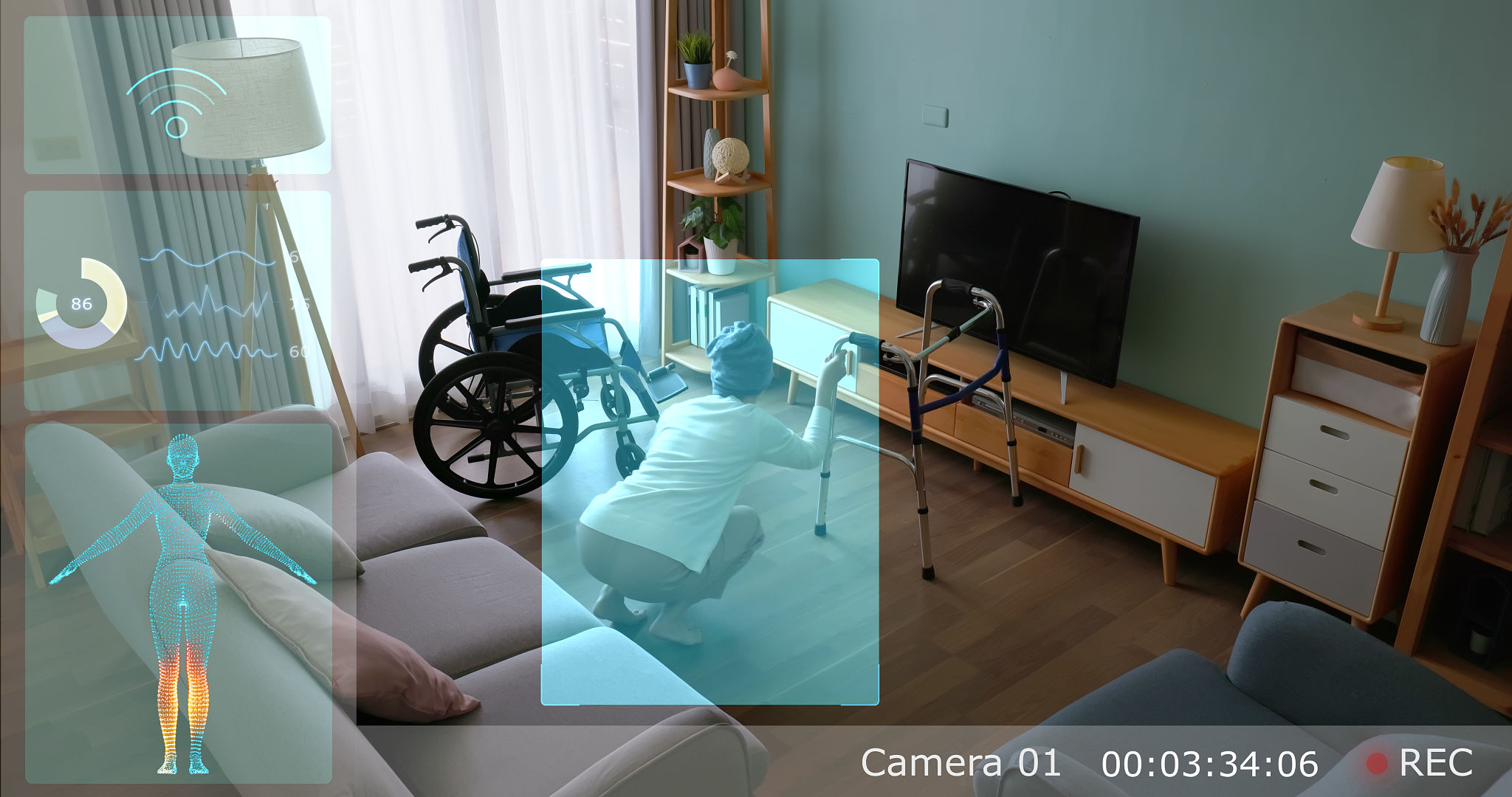Emerging Trends in Specialty Medical Devices: What Miami Healthcare Providers Need to Know
Introduction to Specialty Medical Devices
As the healthcare industry continues to evolve, specialty medical devices are playing an increasingly crucial role in improving patient outcomes and enhancing the capabilities of healthcare providers. In Miami, where diverse patient populations and cutting-edge medical facilities converge, keeping abreast of emerging trends in this field is essential for maintaining a competitive edge.

Advancements in Wearable Health Technologies
Wearable health technologies are rapidly transforming how healthcare is delivered. These devices allow for continuous monitoring of vital signs and other health metrics, providing real-time data to both patients and healthcare providers. This enables early detection of potential health issues and more personalized care plans.
In Miami, where lifestyle-related health conditions such as heart disease and diabetes are prevalent, wearable devices like smartwatches and fitness trackers are becoming indispensable tools. They not only empower patients to take control of their health but also provide invaluable data for clinicians to tailor treatment strategies.
3D Printing Revolutionizing Prosthetics and Implants
The advent of 3D printing technology in the medical field has opened up new possibilities for creating customized prosthetics and implants. This trend is particularly significant in Miami, where a large number of patients require specialized orthopedic solutions due to sports injuries or age-related conditions.
3D printing allows for the production of patient-specific devices that offer better fit, comfort, and functionality. Furthermore, this technology reduces production time and costs, making advanced medical solutions more accessible to a broader population.

Telemedicine and Remote Monitoring Devices
The integration of telemedicine with remote monitoring devices is reshaping patient care delivery. These technologies enable healthcare providers in Miami to extend their reach beyond the confines of traditional clinical settings. Patients, especially those in underserved areas, can now access quality care without the need to travel long distances.
Remote monitoring devices facilitate continuous oversight of chronic conditions, reducing hospital readmissions and improving overall patient management. With Miami's diverse demographic landscape, these technologies are crucial for bridging healthcare gaps and ensuring equitable access to medical services.
Artificial Intelligence in Diagnostic Tools
Artificial intelligence (AI) is making significant strides in the development of diagnostic tools. AI-powered devices can analyze complex datasets quickly and accurately, aiding clinicians in diagnosing diseases at earlier stages. In a bustling medical hub like Miami, these advancements are key to enhancing diagnostic precision and efficiency.
For instance, AI algorithms can assist radiologists in interpreting imaging results or help pathologists identify anomalies in tissue samples. By streamlining diagnostic processes, healthcare providers can deliver faster and more accurate treatments to their patients.

Conclusion: Embracing Innovation for Better Care
As emerging trends in specialty medical devices continue to shape the future of healthcare, Miami's providers must stay informed and adaptable. By embracing innovations such as wearable technologies, 3D printing, telemedicine, and AI-driven diagnostics, they can enhance their service offerings and improve patient outcomes.
Ultimately, the integration of these advanced medical devices into routine practice will not only elevate the standard of care but also position Miami as a leader in innovative healthcare solutions.
